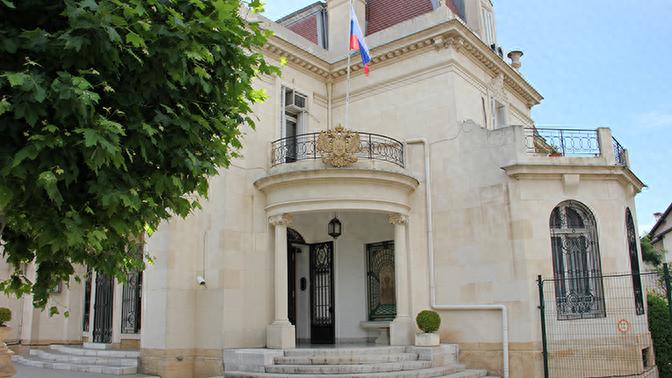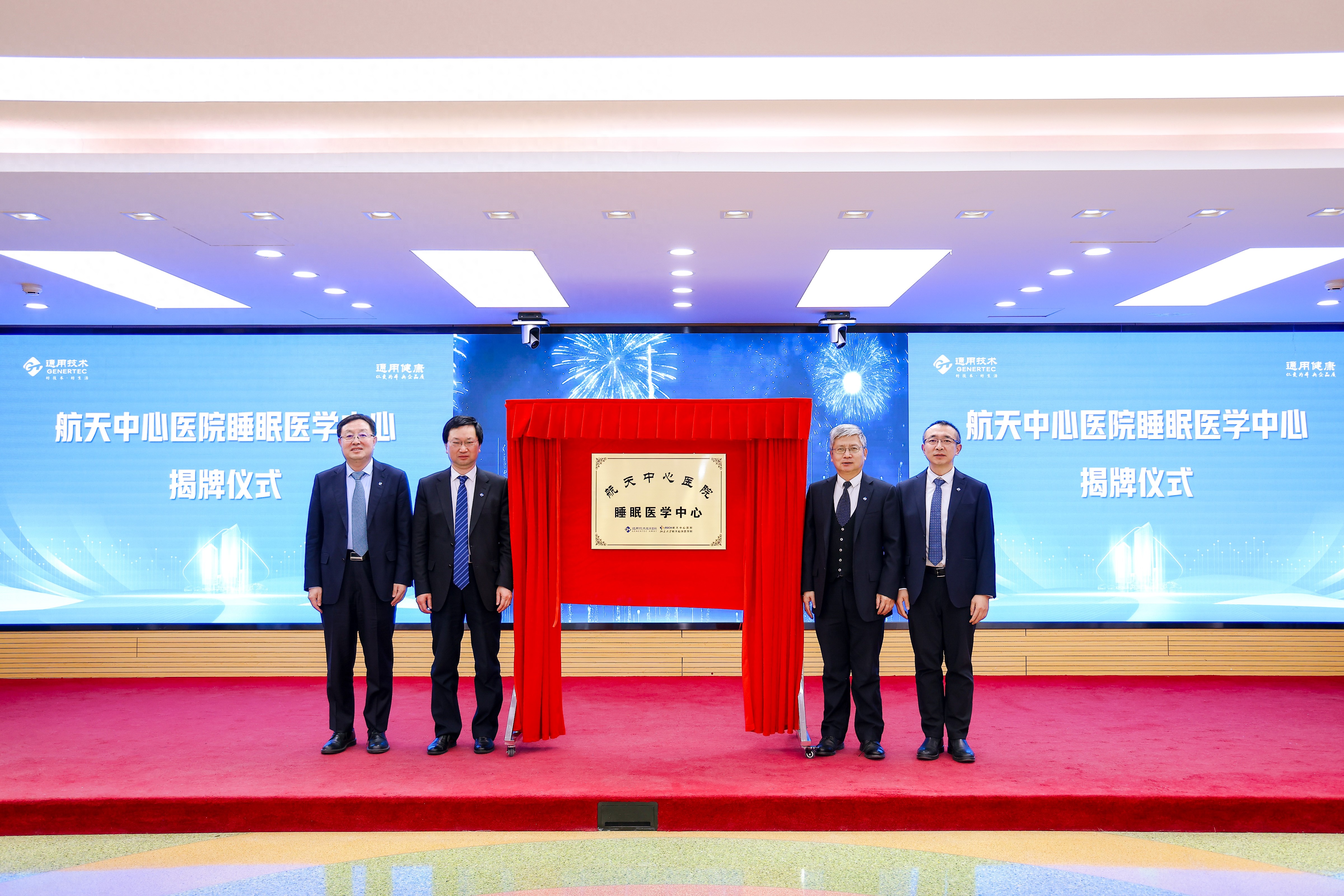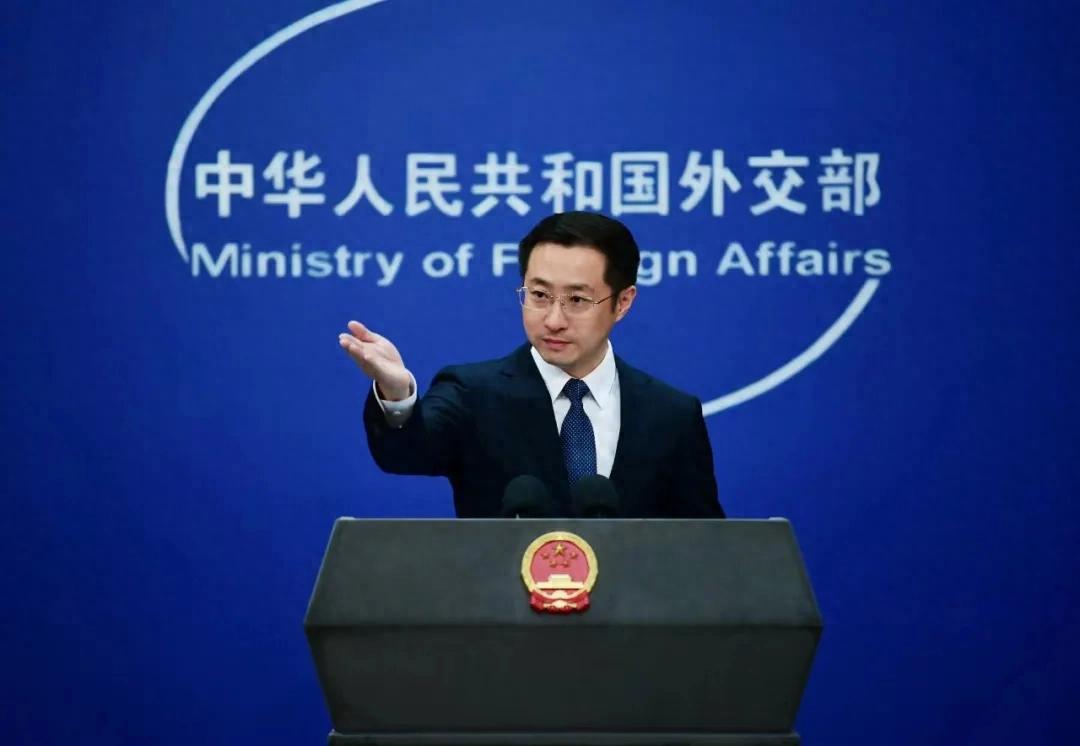BySeymur Mammadov
On Monday, Russian President Vladimir Putin held a phone conversation with Chinese President Xi Jinping. According to official reports, the discussion primarily focused on bilateral relations. On the same day, the UN Security Council adopted a U.S.-drafted resolution calling for a swift end to the conflict and urging a lasting peace between Russia and Ukraine. The resolution received 10 votes in favor, including the U.S., China, and Russia. However, how the situation will unfold remains uncertain as these events are just beginning to assert its influence.
During the conversation, the Russian president outlined to Beijing the main outcomes of recent Russian-American contacts, as well as Moscow's fundamental stance on the Ukrainian crisis. Putin emphasized that Russia aims to eliminate the root causes of the conflict and achieve a sustainable and long-term peaceful resolution.
Xi, in turn, recalled that shortly after the escalation of the conflict in 2022, China presented its fundamental principles for a settlement, including four points about what must be done to address the crisis. China's stance of peaceful resolution to the Ukraine crisis has been consistent. For example, in September 2023, China, together with Brazil and other Global South countries, initiated the creation of the Group of Friends for Peace on the Ukraine crisis. In May 2023, China put forward a 12-point proposal in a paper which comprehensively and systematically explains its basic position and propositions.
However, in the West, Beijing's peace initiatives are met with skepticism, with accusations that China is seeking to prolong the war for economic gain. The truth is that the primary beneficiary of the conflict has been the United States. Washington continues to reap dividends from the confrontation while maneuvering between Kyiv and Moscow to secure the most favorable conditions.
Over the past few years, instigated by the U.S., the EU has pushed its relations with Russia to the brink. Now, while disregarding European interests and even Ukraine's position, the U.S. has engaged in direct talks with Russia. Some European politicians are already advocating for measures to counterbalance U.S. influence – a move unlikely to sit well with the Trump administration. Tensions could escalate further if the U.S. President Donald Trump fails to secure his desired outcomes from Europe.
Unlike the U.S. and Europe, China has never intervened in the Ukrainian settlement process and has had no direct involvement in it. Beijing has not supplied weapons to either side, imposed sanctions, or sought to advance its geopolitical interests through the conflict; it maintains strategic neutrality, emphasizing diplomacy and economic initiatives.
China's platform is a blank slate on which a new peace initiative could begin – one free from the influence of external players, hidden agendas and political calculations. Beijing consistently advocates dialogue and compromise, proposing settlement approaches based on international law and principles that uphold state sovereignty and territorial integrity. In this context, China holds a unique advantage – its peace efforts are not accompanied by suspicions of self-interest or attempts to impose its own agenda.
Most importantly, China remains the one of only a few major powers that expects nothing from Ukraine – Beijing does not seek economic control over the country and does not use the conflict as a tool for global leverage. While the Western countries view Ukraine as a battleground for their strategic interests, China remains one of the few influential players whose initiatives can be perceived with trust and without concerns over hidden motives.
If the international community is genuinely interested in achieving lasting peace, it must not underestimate China's role. Beijing not only provides an alternative approach but also has the capacity to bring other Global South nations into the process, establishing the foundation for a truly multilateral negotiation framework – one in which the key participants are not opposing blocs, but countries committed to stability and the restoration of global balance.
Seymur Mammadov, a special commentator for CGTN, is the director of the international expert club EurAsiaAz.
- 随机文章
- 热门文章
- 热评文章
- 把AI当成犯罪军师?这脑回路大写的服!|呵呵新闻
- 阅读悦成长,宜宾江安底蓬幼儿园开展2025年春期教师读书活动
- 师专一附小召开看见成长共赴美好主题家长会
- 京东:外卖骑手五险一金的所有成本由京东承担
- 非遗英歌舞点燃泉城夜经济,济南环联夜市3月1日开启文化狂欢盛
- 韩国在建桥梁发生坍塌已致3人死亡
- 价格预计下调!时间就在→
- 2024年环县6万多名困难群众得到及时有效救助














 京公网安备11000000000001号
京公网安备11000000000001号 京ICP备11000001号
京ICP备11000001号